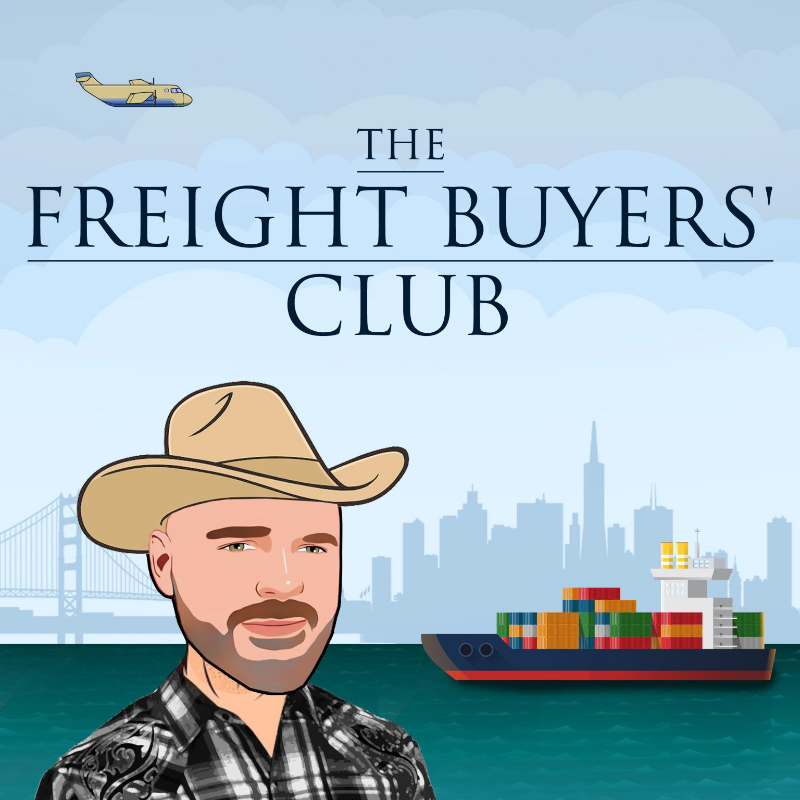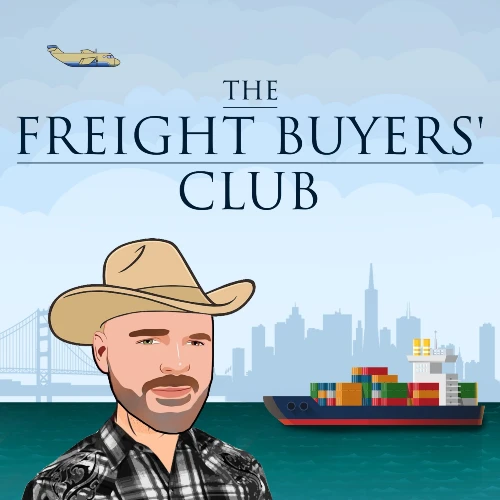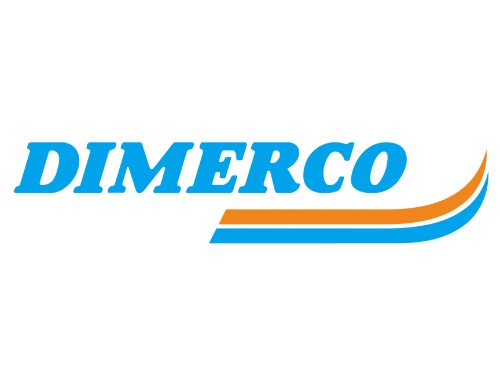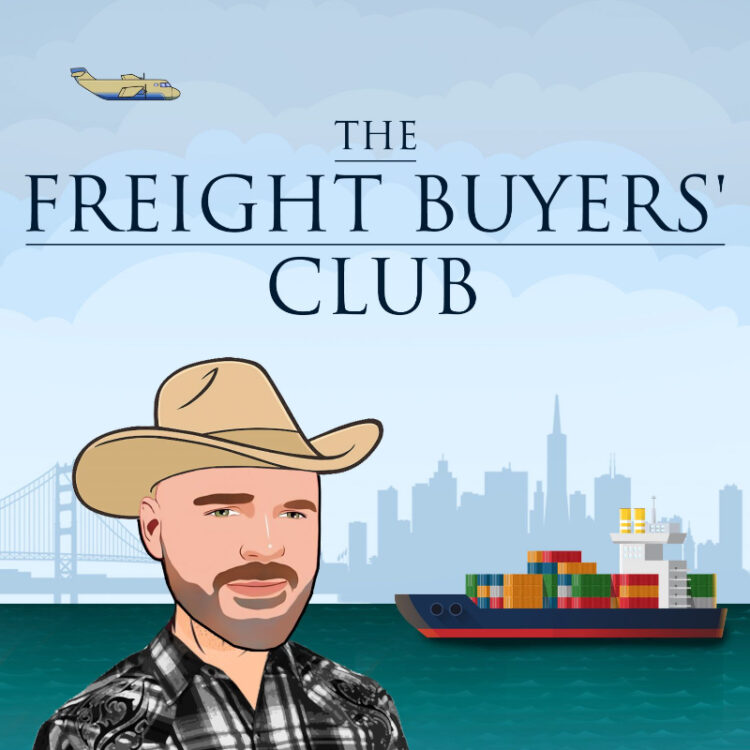Shippers hail transformational potential of new Maersk/Hapag-Lloyd ‘Gemini’ partnership promising 90% service reliability

The container shipping schedule reliability targets promised by Gemini Cooperation, the new Maersk and Hapag-Lloyd partnership which will start operating services in February 2025, have the potential to be transformative for customers and carrier alliances, according to leading shippers.
“I think it’s doable and I think it will then potentially reshape the entire shipping world,” Bjorn Vang Jensen, Executive Director for International Transport at American multinational Cummins, told the latest episode of The Freight Buyers’ Club podcast, produced in partnership with Dimerco Express Group.
Jensen believes that if the two carriers, the second and fifth largest by capacity according to Alphaliner, deliver on their promise of 90% schedule reliability, it will be a “game-changer” in terms of both market share and customer service.
It will also, he says, leave rival carriers and alliances with little choice but to “build very similar models to the extent that they can” (see clip below).
Welcoming the Maersk and Hapag-Lloyd partnership, Dariusz Mroczek, Category Area Transport Manager at IKEA Supply Chain Operations, said stability in lead time precision generally contributed to lower supply chain costs.
“Vessel schedule reliability is one important component in the total lead time, and we welcome any improvements in this area,” he added.
James Hookham, Director of the Global Shippers Forum, said any efforts to improve service reliability would be warmly greeted by customers.
“It was lost in the Red Sea noise, but the stated service and customer-centric priorities of the new Gemini alliance are welcome and will be keenly watched by shippers,” he said.
“It’s great because it’s so unusual to hear shippers’ needs being talked about rather than who has got the most boats or biggest market share.”
Impact on rivals
According to Jensen, rival operators to Gemini will need to start planning their own strategies long before the new partnership is operational next year.
“I don’t think anyone is going to wait until February 2025 to put in place changes like [Gemini] of their own, so I would expect in six to seven months you’ll start seeing a lot of other carriers coming out with similar type networks,” he added.
“They can’t afford to sit and wait and potentially lose enormous market share to a Gemini Cooperation that can deliver [90% reliability], so it will be interesting to watch.”
Hub and spoke
Maersk and Hapag-Lloyd plan to bring some 290 ships into Gemini offering combined capacity of 3.4m TEU on the main East-West trade routes. Operations will be built around a ‘hub and spoke’ network with limited port calls.
Jensen said Gemini, with only two partners, plus a clear focus on selected strings and control over hub terminals, will be able to centralise planning, making services less susceptible to disruption by third parties.
Bronson Hsieh, former chairman of Evergreen and Yang Ming container shipping lines and a consultant with Dimerco Express Group, said the combination of the two carriers was a good fit and would help them to meet objectives including “high accuracy in shipping schedules” and the enhancement of Maersk’s integrated logistics capabilities and targets.
Shipper targets
Hookham said a key service indicator for importers was predictability of arrivals. If they are confident boxes will be available for collection or will be delivered on a promised day, this means they, or their logistics service providers, can then plan inland logistics and downstream distribution.
“If the ships don’t arrive when expected then that’s idle assets, missed orders and ultimately empty shelves and stalled production lines,” he added.
“Hitting a 90% reliability target will be a challenge. We know Gemini will focus on selected routes. But maintaining 90% will require in-voyage recovery of lost time – for example, speeding up, guaranteeing berth space and access in ports – which are operational considerations that historically haven’t taken priority over ‘slow steaming’, skipped ports and rolled cargo.
“No doubt this will be a ‘premium’ service with strict terms and service conditions, but it is welcome and encouraged nevertheless.
“The real test will be the resilience of the service. How will the 90% target stand-up in the face of the challenges that we know ships will encounter – heavy weather, dock labour disputes, mechanical issues, equipment shortages, etc.”




